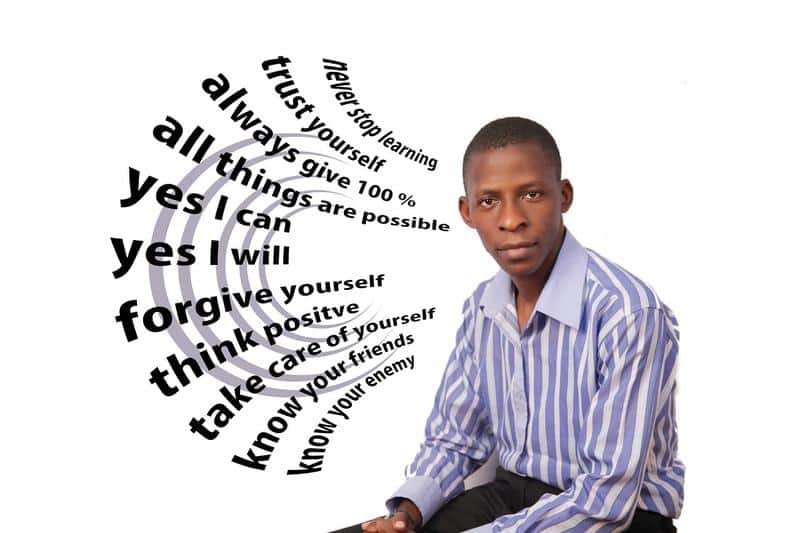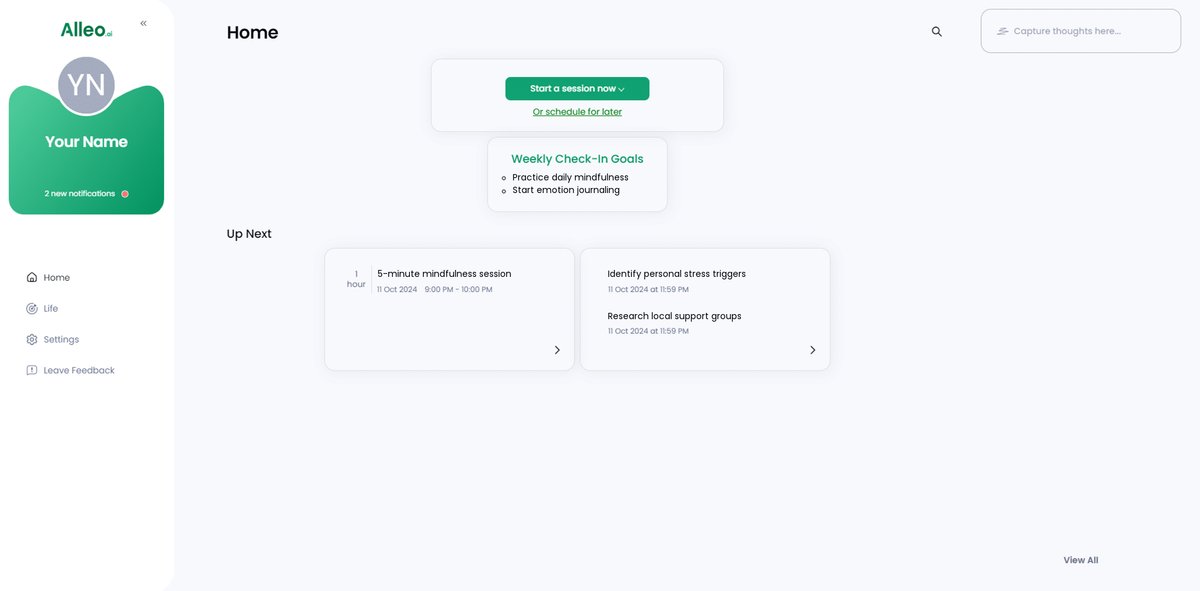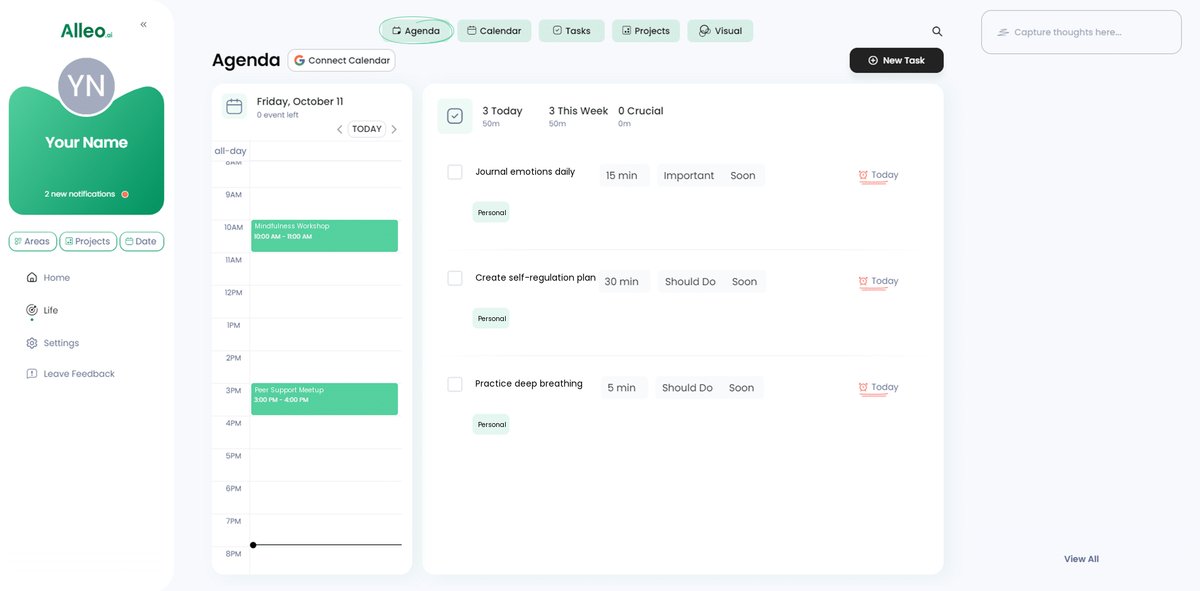The Ultimate Guide to Emotional Regulation Strategies for Young Professionals
Do you often find yourself overwhelmed by emotions after a long day at work? This is a common challenge in emotional regulation for young professionals.
As a life coach, I’ve helped many professionals navigate these challenges. In my experience, emotional regulation is key to maintaining personal well-being and healthy relationships. Developing emotional intelligence techniques can greatly benefit young adults in the workplace.
In this article, we’ll explore effective strategies for young professionals, especially software engineers, to improve emotional regulation. You’ll discover techniques like mindfulness practices for professionals, physical exercise, and self-regulation planning to better manage stress. We’ll also touch on work-life balance tips and developing resilience skills to enhance your overall well-being.
Let’s dive in and explore these self-awareness exercises and healthy coping mechanisms.

Understanding the Emotional Challenges of Software Engineers
Working as a software engineer comes with unique stressors. Many young professionals face tight deadlines, complex problem-solving, and the constant pressure to perform, highlighting the need for emotional regulation for young professionals in this field.
These stressors can lead to emotional dysregulation and impulsive reactions outside the workplace, emphasizing the importance of developing resilience skills.
Strained relationships and decreased mental health are common consequences. Several clients report feeling overwhelmed and emotionally exhausted, impacting their overall life satisfaction. This underscores the need for work-life balance tips and healthy coping mechanisms.
It’s a cycle that’s tough to break without proper emotional intelligence techniques.
Emotional regulation is crucial. Without it, you might find your personal and professional life suffering. Implementing mindfulness practices for professionals can help address this issue.
Let’s look at how to address this issue effectively through self-awareness exercises and stress management for young adults.

A Roadmap to Improving Emotional Regulation
Overcoming this challenge requires a few key steps. Here are the main areas to focus on for emotional regulation for young professionals to make progress.
- Practice mindfulness for 5 minutes daily: Set aside time each day for mindfulness practices for professionals.
- Use the Stop-Breathe-Reflect-Choose technique: Calm your emotions with this structured approach, enhancing emotional intelligence techniques.
- Identify and label emotions as they arise: Keep an emotion journal to track your feelings and improve self-awareness exercises.
- Engage in regular physical exercise: Schedule enjoyable activities to stay active and maintain work-life balance.
- Develop a personalized self-regulation plan: Create strategies to manage triggers effectively, incorporating stress management for young adults.
- Join a peer support group for young professionals: Connect with others facing similar challenges to develop resilience skills.
Let’s dive in!
1: Practice mindfulness for 5 minutes daily
Practicing mindfulness for just 5 minutes a day can significantly enhance emotional regulation for young professionals and reduce stress.
Actionable Steps:
- Set a daily reminder: Use your phone or calendar app to remind yourself to practice mindfulness at the same time each day, supporting your emotional intelligence techniques.
- Find a quiet space: Identify a consistent, quiet place where you won’t be disturbed during your mindfulness practice, aiding stress management for young adults.
- Use guided mindfulness exercises: Start with short, guided mindfulness practices for professionals available on apps or online platforms.
Explanation: Practicing mindfulness helps calm the mind and improve focus, which is essential for managing emotions effectively and developing resilience skills.
According to Harvard Health, regular mindfulness practice can significantly enhance emotional stability and self-regulation.
Try integrating mindfulness into your daily routine to create a sense of calm and balance, supporting work-life balance tips for young professionals.

2: Use the Stop-Breathe-Reflect-Choose technique
Incorporating the Stop-Breathe-Reflect-Choose technique is crucial for emotional regulation for young professionals and managing emotional reactions and improving decision-making.
Actionable Steps:
- Recognize the trigger: Identify moments when you feel your emotions escalating to take control early, enhancing self-awareness exercises.
- Practice deep breathing: Take several deep breaths to calm your nervous system and prevent impulsive reactions, utilizing mindfulness practices for professionals.
- Reflect and choose a response: Reflect on your emotional state and choose a constructive response instead of reacting impulsively, developing resilience skills.
Explanation: These steps help you manage stress and emotions effectively, supporting emotional regulation for young professionals. According to Harvard Health, deep breathing and reflection can significantly improve emotional stability.
Key benefits of this technique include:
- Reduced stress and anxiety, enhancing stress management for young adults
- Improved decision-making
- Enhanced emotional control, a crucial aspect of emotional intelligence techniques
Implementing these techniques can create a more balanced and composed approach to stressful situations, supporting work-life balance tips for young professionals.

3: Identify and label emotions as they arise
Recognizing and naming your emotions can significantly enhance your emotional regulation skills, which is crucial for young professionals seeking to improve their emotional intelligence and stress management.
Actionable Steps:
- Keep an emotion journal: Write down your emotions and the situations that triggered them each day, as part of your self-awareness exercises.
- Use emotion cards: Utilize emotion cards to help identify and label your feelings accurately, a technique that supports emotional regulation for young professionals.
- Review patterns: Reflect on your journal weekly to identify patterns in your emotional responses, aiding in developing resilience skills.
Explanation: These steps help you become more aware of your emotional triggers, aiding in better emotional management and work-life balance.
According to ASAT Online, understanding and labeling emotions is essential for effective emotional regulation.
These practices will give you valuable insights into your emotional patterns, helping you respond better in challenging situations and develop healthy coping mechanisms.

4: Engage in regular physical exercise
Engaging in regular physical exercise is essential for emotional regulation for young professionals and maintaining overall well-being.
Actionable Steps:
- Schedule exercise sessions: Block out time in your weekly schedule for physical activity, ensuring consistency and promoting work-life balance tips.
- Choose enjoyable activities: Select physical activities you enjoy, such as jogging, swimming, or dancing, to stay motivated and develop resilience skills.
- Track your progress: Use a fitness app to monitor your exercise routine and progress over time, enhancing self-awareness exercises.
Explanation: Regular physical exercise can help reduce stress and improve mood, which is crucial for emotional regulation for young professionals and developing healthy coping mechanisms.
According to Harvard Health, physical activity can significantly enhance emotional stability and resilience.
Incorporating regular exercise into your routine can provide a solid foundation for managing stress effectively, supporting emotional intelligence techniques and stress management for young adults.

5: Develop a personalized self-regulation plan
Creating a personalized self-regulation plan is vital for managing emotional triggers effectively, especially for young professionals seeking to improve their emotional regulation skills.
Actionable Steps:
- Identify personal triggers: List situations that commonly lead to emotional dysregulation for you, a key aspect of emotional intelligence techniques.
- Create coping strategies: Develop specific strategies to manage your emotions in these situations, incorporating stress management for young adults.
- Review and adjust regularly: Regularly revisit your plan and make adjustments as needed, enhancing your self-awareness through exercises.
Explanation: These steps help you understand and manage your triggers better. Having a personalized plan ensures you have tailored strategies to handle stress effectively, which is crucial for emotional regulation for young professionals.
According to Harvard Health, self-regulation skills are crucial for maintaining emotional stability and improving overall well-being.
Essential components of a self-regulation plan include:
- Trigger identification
- Coping mechanisms, including mindfulness practices for professionals
- Support network contacts, crucial for work-life balance
Taking control of your emotional responses can significantly enhance your personal and professional life, contributing to developing resilience skills and improving interpersonal communication strategies.

6: Join a peer support group for young professionals
Connecting with peers who share similar challenges can significantly enhance your emotional regulation for young professionals skills.
Actionable Steps:
- Research local groups: Look for local peer support groups tailored for young professionals or software engineers focusing on emotional intelligence techniques.
- Attend meetings: Commit to attending regular meetings and actively participate in discussions about stress management for young adults.
- Build connections: Foster meaningful connections with peers who have similar challenges and goals, developing resilience skills together.
Explanation: These steps help you gain support and insights from others facing similar situations, improving your emotional regulation for young professionals.
According to Personal Evolution Psychotherapy, peer support can provide valuable perspectives and coping strategies, enhancing emotional well-being and work-life balance.
Benefits of joining a peer support group:
- Shared experiences and insights on self-awareness exercises
- Expanded coping strategies and healthy coping mechanisms
- Increased sense of community and interpersonal communication strategies
Joining a peer support group can create a supportive network, helping you manage stress better and improve emotional regulation for young professionals.

Partner with Alleo on Your Emotional Regulation Journey
We’ve explored the challenges of managing emotional regulation for young professionals, its impact on personal well-being, and practical strategies. But did you know you can work directly with Alleo to make this journey easier and faster, enhancing your emotional intelligence techniques?
Getting Started with Alleo:
- Set Up an Account:
- Sign up on Alleo’s platform for stress management for young adults.
- Enjoy a free 14-day trial, no credit card required.
- Create a Personalized Plan:
- Answer a few questions to help Alleo tailor your coaching, including self-awareness exercises.
- Focus on your specific emotional regulation challenges and work-life balance tips.
- Work with Alleo’s Coach:
- Receive full coaching sessions like those with a human coach, incorporating mindfulness practices for professionals.
- Alleo’s AI coach provides affordable, tailored support for developing resilience skills.
- Track Progress and Stay Accountable:
- Get follow-ups on your progress in emotional regulation for young professionals.
- Receive notifications and reminders via text and push notifications for healthy coping mechanisms.
- Make adjustments to your plan as needed, including self-care routines for young professionals.
Ready to get started for free with emotional regulation for young professionals?
Let me show you how!
Step 1: Log In or Create Your Account
To begin your journey towards better emotional regulation, log in to your existing Alleo account or create a new one to access personalized AI coaching tailored to your needs as a software engineer.

Step 2: Choose “Improve overall well-being and life satisfaction”
Select “Improve overall well-being and life satisfaction” as your goal to address the emotional challenges discussed in the article, focusing on enhancing your emotional regulation skills for better personal and professional outcomes.

Step 3: Select “Personal” as Your Focus Area
Choose the “Personal” life area to address emotional regulation challenges, as this aligns with the article’s focus on managing stress and improving well-being for software engineers and young professionals.

Step 4: Starting a Coaching Session
Begin your journey with Alleo by scheduling an intake session, where you’ll discuss your emotional regulation goals and create a personalized plan to improve your well-being as a software engineer.

Step 5: Viewing and Managing Goals After the Session
After your coaching session, open the Alleo app and check your home page to see the goals you discussed, allowing you to easily track and manage your progress towards better emotional regulation.

Step 6: Adding events to your calendar or app
Use Alleo’s calendar and task features to schedule and track your emotional regulation activities, such as mindfulness sessions, exercise routines, and peer support group meetings, helping you stay accountable and monitor your progress in managing stress and improving overall well-being.

Embracing Emotional Balance in Your Life
As we wrap up, remember that managing your emotions is a journey, not a sprint. Emotional regulation for young professionals is an ongoing process of growth and self-discovery.
You’ve learned about the unique stressors software engineers face and the importance of emotional intelligence techniques. We’ve explored practical strategies like mindfulness practices for professionals, physical exercise, and self-regulation planning.
It’s crucial to practice these stress management for young adults techniques consistently. They can transform your emotional health, work-life balance, and interpersonal communication strategies.
I understand the challenges you face in developing resilience skills. I’ve seen many professionals overcome similar obstacles through self-awareness exercises and healthy coping mechanisms.
Consider trying Alleo for personalized support in emotional regulation for young professionals. It’s there to help you every step of the way with cognitive behavioral therapy for emotions.
Take control of your emotional well-being today by implementing self-care routines for young professionals. You can do this!